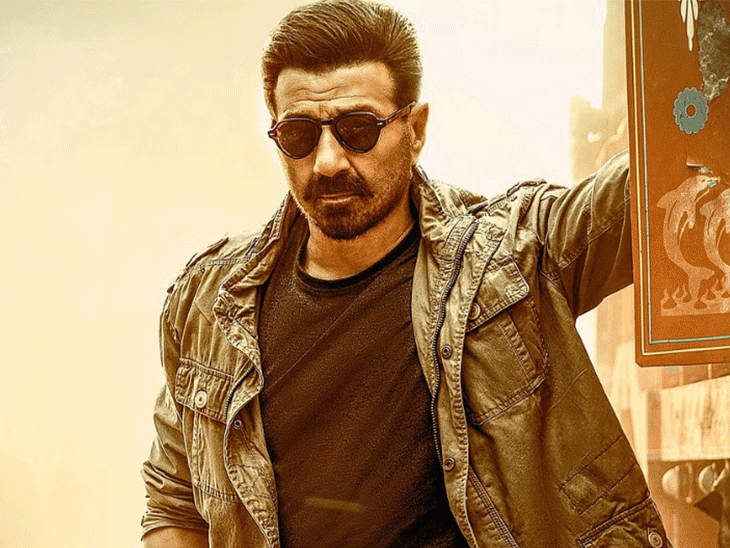- Hindi news
- Opinion
- Sanjay Kumar’s Column Review of Voter List Will Create Some Problems
2 minutes ago
- Copy link

Sanjay Kumar, Professor and Political Comments
The Election Commission’s decision of special intensive review of voter list in Bihar can become a matter of concern. After 2003, there are documentary evidence required from voters to include or verify the names in the voter list, which can be difficult for people to present.
However, the Supreme Court has tried to remove confusion to some extent by advising Aadhaar and voter card to consider ration cards as valid documents. But the time is very short for special reviews. Also, it seems that it can become a means of the process of preparing NRC, as it will also expand in other states.
Many common citizens of Bihar usually do not have many documents. In that too, it will be even more difficult for people of Dalit, poor, tribal, Muslim and other backward castes. Since there are a large number of migrants in Biharis who go to big cities in search of livelihood and return in a few months, many of them will be expected to lose their franchise.
According to the new rules of review, it is necessary for voters to submit evidence of citizenship to include or maintain their names in the voter list. It was announced on 24 June and became effective from 25 June.
This will use the 2003 voter list as a base. The process includes door-to-door verification, new documentation requirements, and its goal is to publish the final voter list by 30 September.
There is no need to submit documents until the voters listed in the 2003 voter list are identified. However, those applied for registration added after 2003 or applying for registration in the list will have to fill the form and give evidence of the declaration of Indian citizenship, date of birth, place.
On the top, these measures seem to be associated with the goal of removing fake voters from the voter-list for electoral transparency. But one of its major drawbacks can be that many persons/families of poor, Dalits, Muslims, Adivasis and Pravasi communities often do not have formal birth certificates.
The state documents would be a major challenge to present documents to confirm the birthplace of their parents due to historical deficiencies. Another drawback is the lack of comprehensive awareness and clarity about the needs related to new documentation.
Many voters- especially in rural areas- do not fully understand which documents are required, how to fill the form, or where and when to submit them. There is a danger of confusion and mistakes due to limited access, complex paperwork and limited time limit to the final publication of the voter list by 30 September.
There is also a concern that this process is dependent on booth level officers and EROs and they have discretionary power. Although there is scope for claims, objections and appeals in this process, initial verification and decision -making work can lead to discrepancies, delays or partisan decisions due to being in the hands of local authorities.
Another important issue lacks name to remove names and tracking of applications. The Election Commission has not made any commitment to publish the list of names being removed from the voter list, nor has it provided any clear and accessible system to the applicants to monitor the status of their applications. This makes it difficult for civil society or media to monitor this process, identify errors or challenge the wrongly removed names.
This task seems to be extremely difficult for booth level officers (BLOs) in a month’s time. Working under pressure would mean making mistakes and not reaching a large number of voters. It can be extremely difficult to distribute the first form and then withdraw them with the necessary documents at an interval of one month. The Election Commission may be claiming that the forms have been sent to a large number of people, but it has reached less than 50% of the voters.
Many voters are expected to remain out of the voter list, even if they are the real voters living in that constituency. Will it not be similar to doubting the citizenship of such people? (These are the author’s own views)









Leave a Reply